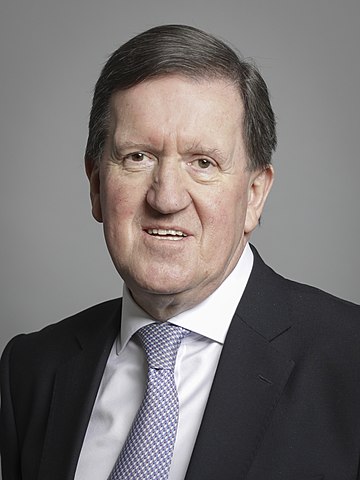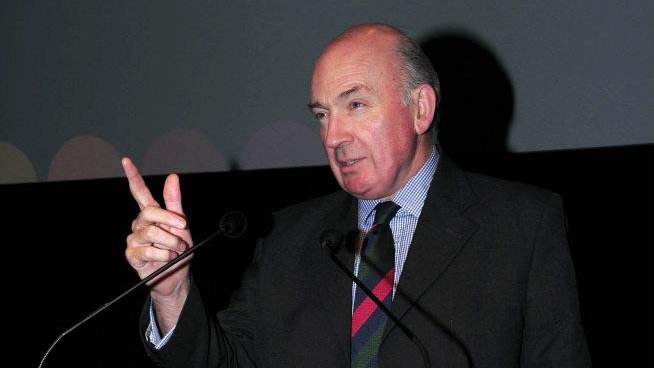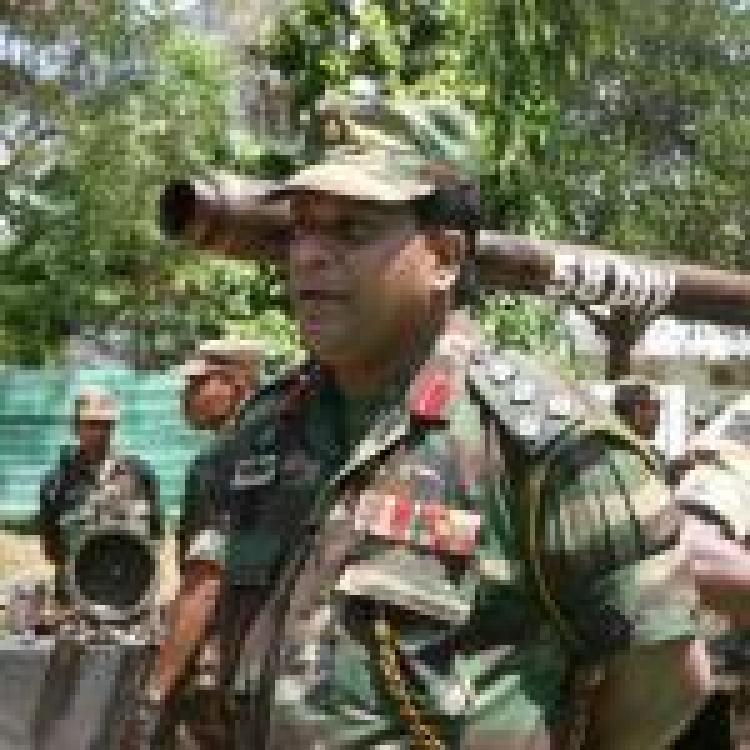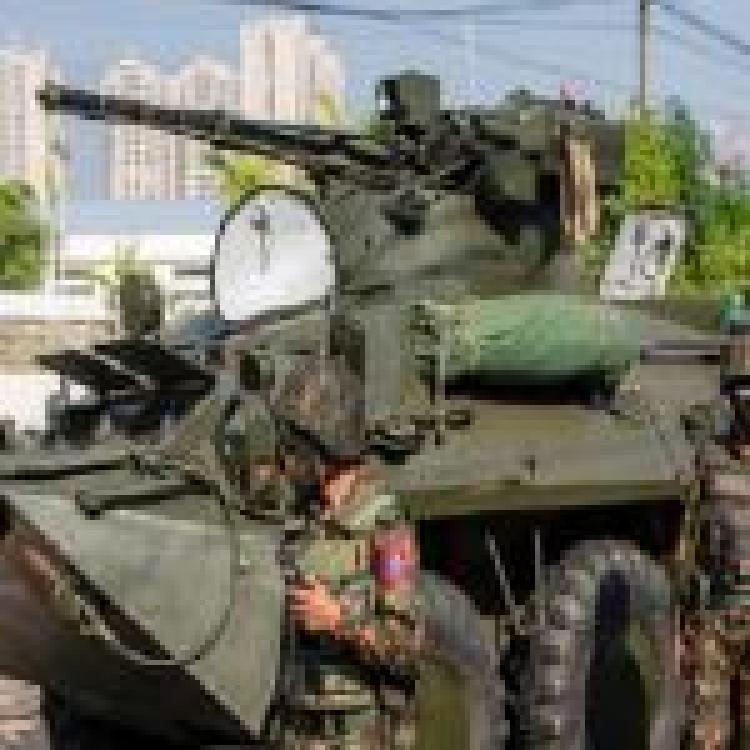
The British House of Lords has voted down the government’s proposed overseas operation bill which would establish “a presumption against prosecution” for service personnel accused of committing crimes overseas, except for sexual offences, if more than five years had passed since the alleged offence took place.
In leading opposition to the bill, Labour peer George Robertson condemned the “naivety” of the government which had faced “almost universal and expert opposition”. He was able to successfully introduce an amendment that would ensure that the presumption against prosecution does not apply to war crimes, crimes against humanity, genocide or torture. The bill passed by 308 votes to 249.
Robertson further called on MPs to “look again, reflect and change the government’s mind, before lasting and serious damage is done to the interests of our armed forces and indeed to the reputation of this country”. His amendment was supported by crossbench peer David Alton, Labour peer Alan West and Liberal Democrat peer Menzies Campbell.
The UN High Commissioner for Human Rights has also issued a statement condemning the bill noting that:
“As currently drafted, the Bill would make it substantially less likely that UK service members on overseas operations would be held accountable for serious human rights violations amounting to international crimes”.
The British Labour party has criticised the bill stating: “Labour has said the bill “creates the risk that the very gravest crimes including torture and other war crimes go unpunished” and “will do nothing to protect veterans”. Robertson further added that “at best, it would prevent only 1% of prosecutions, but it would not prevent seemingly endless investigations”.
‘Vexatious litigation’
A further amendment passed by the Lords called for investigations to be timely and to stop “delays, shoddy investigations and reinvestigations” from casting “a shadow over serving members of the armed forces and veterans”. The measure was put forwards by Democrat Martin Thomas, Labour’s Charlie Falconer, crossbenchers Michael Boyce and Richard Dannatt, former head of the British army who had served in Northern Ireland.
Dannatt has previously campaigned for the government to end further investigations into British war crimes in Northern Ireland and said during an interview that;
"Families of the bereaved have the right to know what happened to their loved ones but not at the expense of stress and worry to 60 and 70-year-old former soldiers”.
This amendment follows the decision by the Public Prosecution Service (PPS), the principal prosecution authority in Northern Ireland, to not charge any 15 soldiers accused of unlawful murder of 13 civil rights activists in January 1972, during Bloody Sunday. The court had ruled that there was “insufficient to provide a reasonable prospect of conviction
Dannatt has further expressed approval for the ending of the IHAT (Iraq Historical Allegations Team) stating:
"I am delighted that the appalling IHAT (Iraq Historical Allegations Team) is now itself part of history, so too must be the witch hunt of former soldiers who did their duty in Northern Ireland. The Prime Minister has pledged to act – now is the time."





